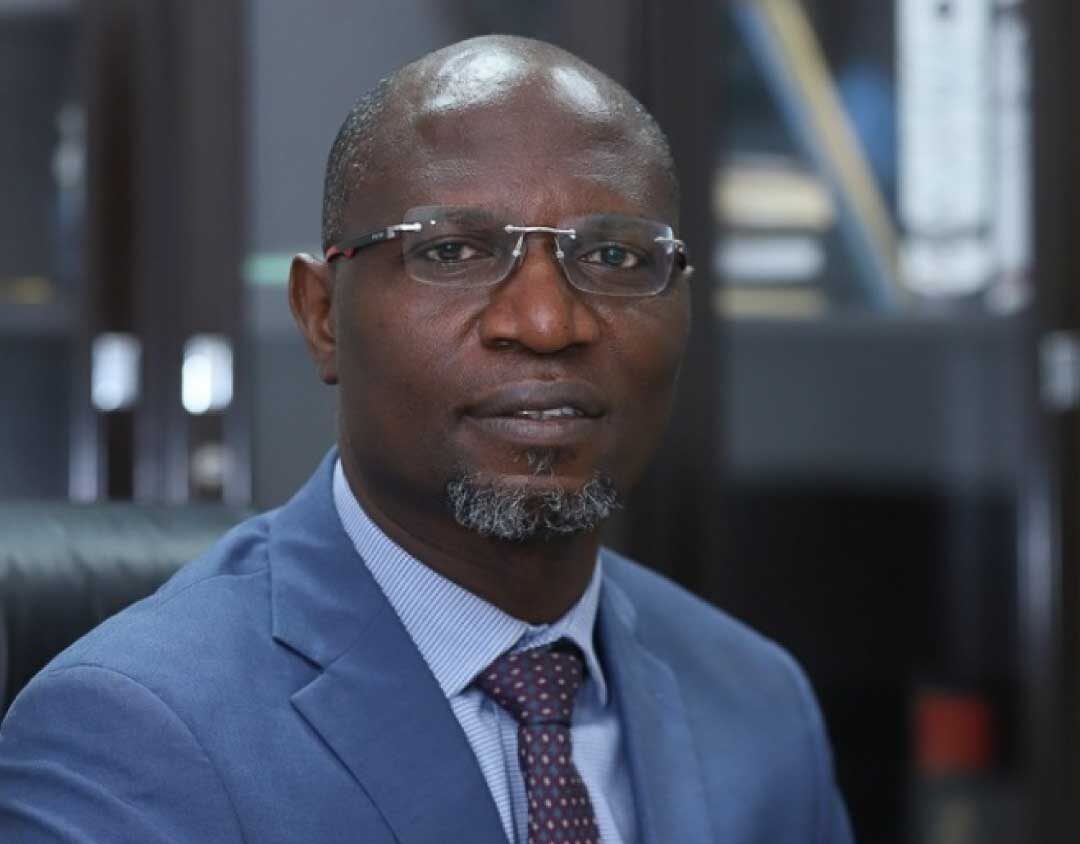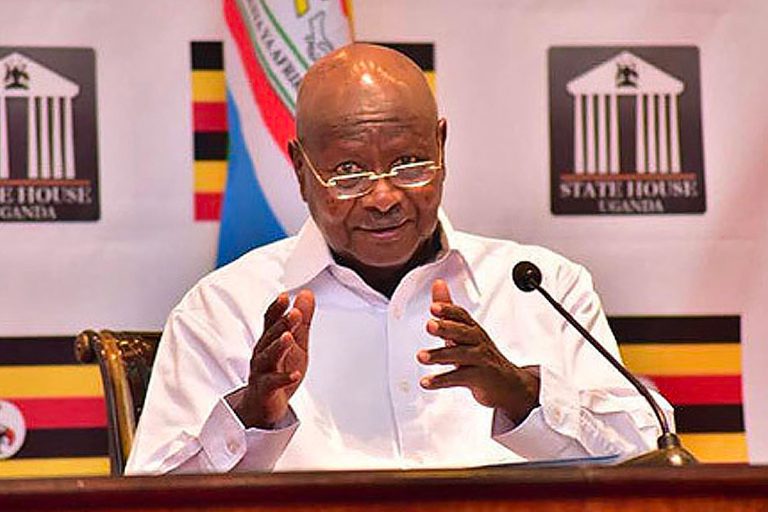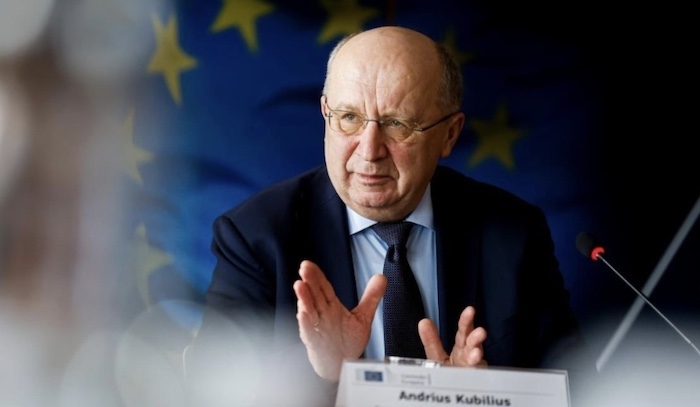
Fewer than 3 million Nigerians invest in stocks as $50 billion in crypto trades highlight untapped risk appetite…
The Director-General of the Securities and Exchange Commission (SEC), Emomotimi Agama, has raised alarms over the low participation of Nigerians in the capital market, highlighting a stark contrast with widespread gambling activities across the country.
Speaking at the annual conference of the Chartered Institute of Stockbrokers, Agama revealed that while fewer than three million Nigerians actively invest in stocks, more than 60 million engage in gambling daily, spending an estimated $5.5 million each day.
“This reveals a paradox. The appetite for risk clearly exists, but Nigerians lack the trust or access to channel that energy into productive investment,” he said.
Agama also pointed to the thriving cryptocurrency market, noting that over $50 billion worth of crypto transactions flowed through Nigeria between July 2023 and June 2024, a figure he said underscores the sophistication and risk tolerance of Nigerian investors, a potential the traditional market has yet to harness.
Low Market Participation Hinders Economic Growth
The SEC chief expressed concern that fewer than four percent of Nigeria’s adult population participate in the capital market. He described this low engagement as a major barrier to economic growth and capital formation.
He also highlighted the disparity in market depth compared to other countries, noting Nigeria’s market capitalisation-to-GDP ratio of 30%, far behind South Africa (320%), Malaysia (123%), and India (92%), stressing the urgent need for financial inclusion and investor confidence-building.
Reflecting on the Capital Market Masterplan 2015–2025
Agama revisited the 10-year Capital Market Masterplan (CMMP) launched in 2015, which aimed to mobilize long-term finance for infrastructure and enterprise development.
“As we reach the sunset of that plan, our task is reflective and diagnostic. We must ask: what did we achieve, where did we fall short, and what lessons must anchor our next decade of reforms?”
He disclosed that less than half of the 108 initiatives under the CMMP were fully implemented, attributing the shortfall to limited alignment with national development plans, weak stakeholder ownership, and inadequate tracking metrics.
Despite progress in areas like Green Bonds, Sukuk, fintech integration, and non-interest finance, Agama noted that market liquidity remains concentrated in a few large-cap stocks, including Airtel Africa, Dangote Cement, and MTN Nigeria.
Challenges Ahead
The SEC DG outlined six key challenges for the next phase of reforms:
- Boosting retail participation
- Reducing market concentration
- Addressing falling foreign inflows
- Unlocking underutilized pension assets
- Tapping into diaspora capital
- Bridging a widening infrastructure financing gap
Agama noted Nigeria faces a $150 billion annual infrastructure deficit, yet the capital market’s contribution remains limited, with only N1.5 trillion approved in PPP bonds, signaling a misalignment between financial innovation and national priorities.
A Reimagined SEC for the Next Decade
He called for a “reimagined SEC”, positioning the agency as both regulator and enabler of private-sector-driven growth. Emphasizing trust, transparency, and inclusion, he said:
“Vision without execution is inertia, and reform without measurement is aspiration without accountability.”
Agama’s address highlights a critical juncture for Nigeria’s capital market, underscoring the need to convert existing risk appetite into productive investments that can drive sustainable economic growth.



